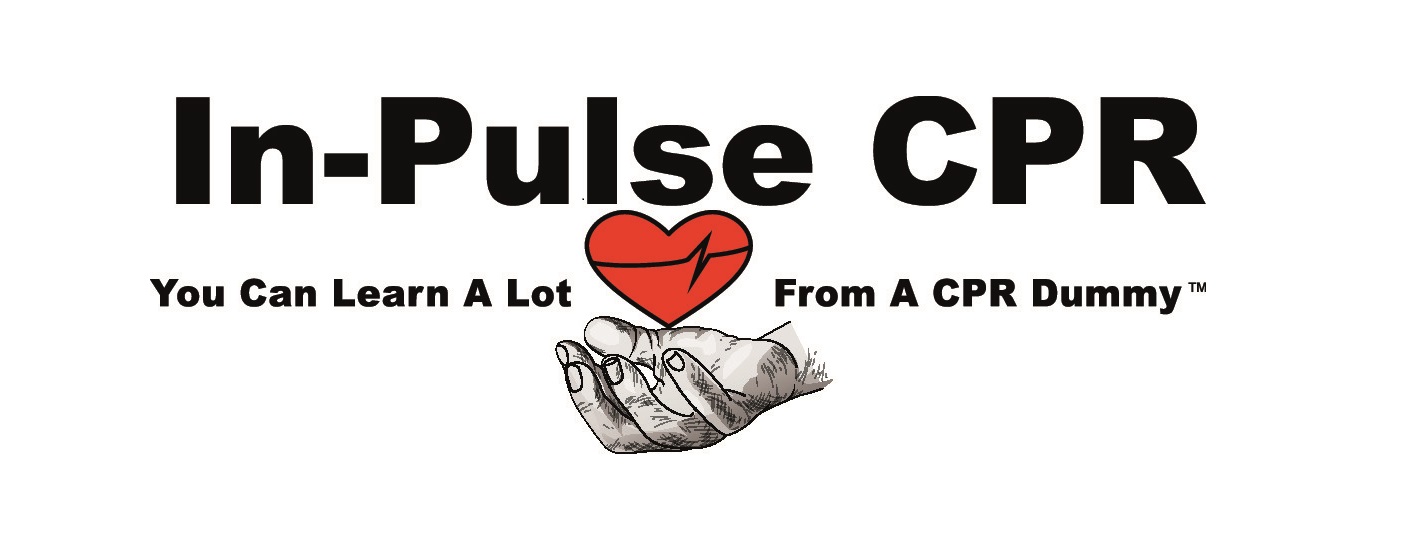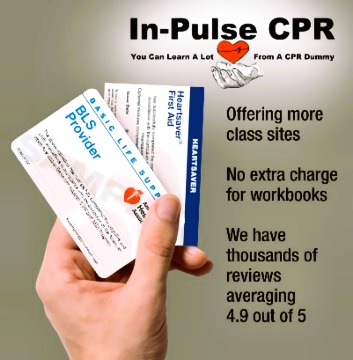Packing for Camping Safety
There is nothing more peaceful than a trip to the great outdoors. Being amongst nature is a relaxing departure from the daily grind. Camping may seem, to some, a rather passive activity requiring little forethought. However, this could not be further from the truth. Without proper packing, camping can indeed be extremely dangerous. Smart packing means safe camping, don’t be caught without these essential items.
- First-aid kit- No matter whether you are camping in a busy campground or out in the wilderness, a fully stocked first aid kit is essential. Don’t forget the insect repellent and sunscreen. Learn how to administer basic first aid and CPR in case of an emergency.
- A map, compass or GPS – It is fun to take off from your campsite and meander through the woods, however, you if you lose your bearings you will wish you had brought a locator and a map.
- A flashlight, lantern and extra batteries – Once the sun goes down it is exceptionally dark, especially in remote camping areas. A flashlight and lantern come in handy for finding your way safely in the dark, warding off wildlife or enjoying after-dark activities in your tent.
- Bottled water – Plenty of fresh water is essential, especially if you are going to be doing a lot of hiking or other physical activity or if it is extremely hot.
- High-quality waterproof tent – Don’t skimp on the quality of your tent. Be sure it allows for ventilation and will keep you dry.
- Waterproof fire starter – Fire keeps you warm and allows you to cook your food.
- A Swiss army knife – A multifunctioning knife is an invaluable tool for any camper and takes up very little space in your pack.
- Hand sanitizer and soap – Good hygiene is just as crucial while camping, as it is anywhere else. Always wash your hands before handling food and after using the restroom.
- High-energy food in secure containers – Always pack food that will provide quick energy and require minimal preparation. Be sure to store all food in airtight containers.
- Rope – Rope is useful for a drying rack, to tie garbage up where animals cannot reach it or to secure items during high winds.
- Battery-operated weather radio – A pleasant day can suddenly become stormy. A weather radio warns of inclement weather allowing you plenty of time to seek shelter.
- A whistle – Warn others of danger or your whereabouts with a whistle. Always wear the whistle while hiking and use when you need help.





COMMENT (2)
Shelley L. Ayers / June 2, 2013
I’ve created a few checklists for different activities: a backpacking check list, camping packing list, and day hiking check list.
Barry T. Ramirez / July 22, 2013
When preparing for a camping trip or just a day hike, planning ahead will make purchasing and packing food and water a simpler task. The goal is to travel light, ideally buying fresh meat on the day of use, and fresh fruits and vegetables as close to the day of use as possible.